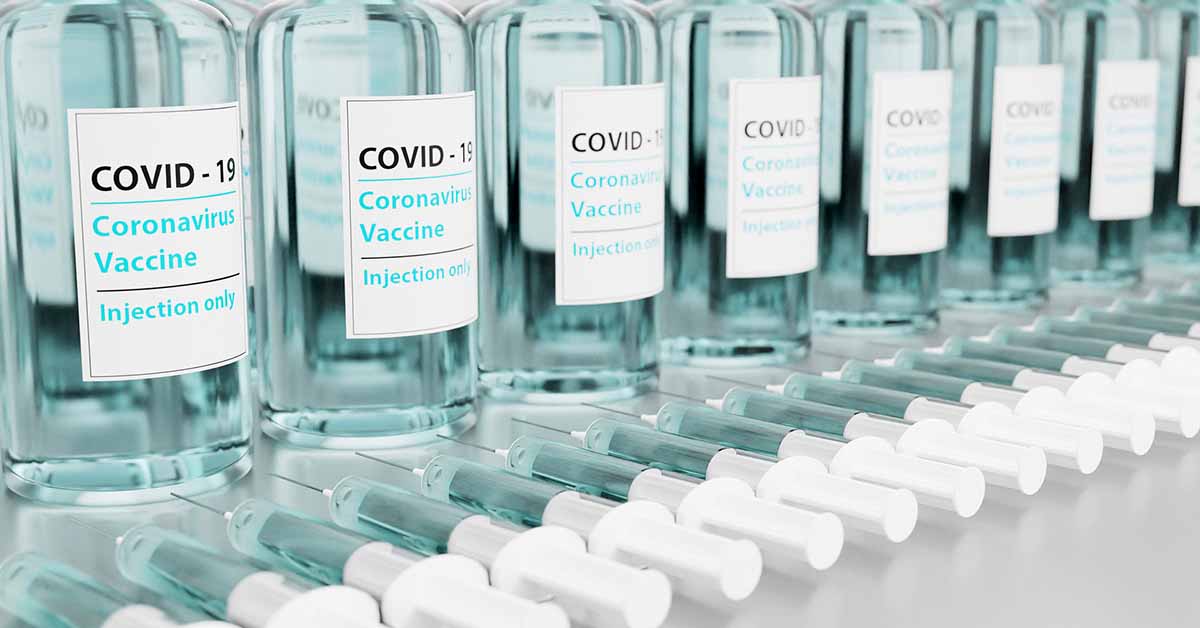Important note: This article is intended for those who understand vaccines as critical to maintaining their health and that of their families. It is NOT intended for those who are anti-vaccine and as such is NOT intended to foster a discussion on the merits of vaccines in this forum. It is also NOT intended to foster a discussion of the lethality of COVID-19 or the need for civic action to limit the spread of the disease.
Press release from the American College of Physicians
Graded dosing protocol may help patients with first dose reactions tolerate second dose of vaccine
Researchers from Rochester Regional Health used graded doses to successfully administer a second dose of the Moderna vaccine to two patients who had an immediate hypersensitivity reaction with the first dose. Their case report is published today in Annals of Internal Medicine.
The first patient, a 64-year-old woman with a history of shellfish allergy, received dose 1 of the Moderna vaccine and experienced skin irritation, hives, and a rapid heartbeat within 10 minutes. She was treated successfully by medical personnel at the vaccination site.
Patient 2, a 39-year-old woman with a history of allergic rhinitis, received dose 1 of the Moderna vaccine and developed hives on her chest and neck within 15 minutes. Medical personnel treated her symptoms at the vaccination site, but she went on to develop mild facial swelling and was transported by ambulance to the emergency department. After brief treatment, her symptoms resolved and she was discharged to home in stable condition.
Before having a second dose of the vaccine, both patients were referred to the authors’ allergy practice for further evaluation. Skin prick and intradermal showed reaction to the Moderna vaccine. But since both patients worked in the health care setting with repeated exposure to patients with COVID-19, they wanted to make an educated decision with their health care provider about proceeding with the second dose of the vaccine.
The authors administered the vaccine without premedication through a graded dosing protocol that used smaller doses of vaccine over 5 injections given every 15 minutes with patients being observed for reaction throughout the process. Both patients responded well to the graded dosing protocol and reported no additional symptoms over the following 24 hours. In addition, 3 to 4 weeks after receiving the second dose, both patients had IgG antibodies directed against the spike protein of COVID-19, suggesting vaccination was efficacious despite the graded dosing protocol.





